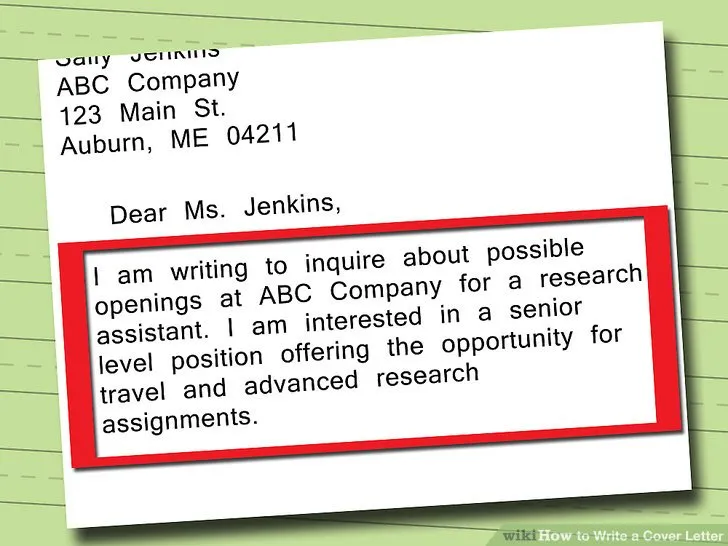Understanding the Role of ‘I’ in a Cover Letter
A cover letter is your first impression, a personal introduction that goes beyond the confines of a resume. It’s your chance to showcase personality, passion, and how your skills align with the job requirements. Within this context, the use of ‘I’ becomes a powerful tool. It allows you to personalize your application, demonstrating self-awareness and the ability to articulate your contributions. However, like any potent tool, ‘I’ must be wielded strategically to avoid pitfalls and maximize impact. The goal isn’t just to mention yourself but to connect your experiences and aspirations with the needs of the employer, creating a compelling narrative that sets you apart.
The Importance of the First-Person Perspective
The first-person perspective is essential because it’s inherently personal. It allows you to speak directly to your experiences, achievements, and goals. Using ‘I’ isn’t simply a stylistic choice; it’s a fundamental component of crafting a genuine narrative. Without it, your cover letter can sound distant and impersonal, akin to a generic list of qualifications. The first-person approach enables you to present yourself as an active participant in your career, a proactive individual capable of making a real contribution. This authenticity is what resonates with employers, making your application memorable and impactful. When used correctly, ‘I’ transforms your cover letter from a mere document into a compelling story about your professional journey.
Balancing ‘I’ with Achievements
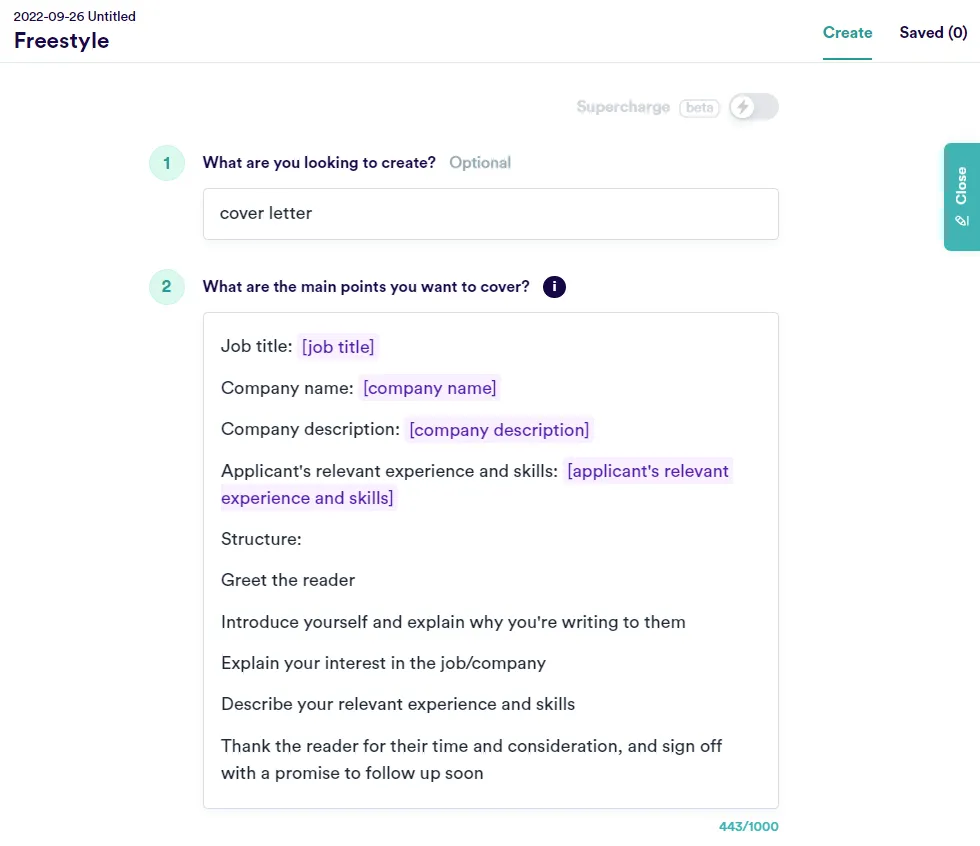
While the first-person perspective is crucial, the key is balancing it with concrete examples and achievements. Simply stating ‘I am a hard worker’ is less effective than detailing what you achieved through your hard work. The balance comes from using ‘I’ to introduce your accomplishments and then using specific, quantifiable data to support your claims. Instead of saying ‘I improved sales,’ say ‘I increased sales by 15% within six months by implementing a new customer relationship management strategy.’ This approach not only provides evidence of your capabilities but also demonstrates your ability to connect your actions with tangible results, making your cover letter persuasive and impactful.
Why ‘I’ Matters in Cover Letters
The inclusion of ‘I’ allows you to inject your personality and voice. It enables you to express your enthusiasm for the position and the company. A cover letter devoid of ‘I’ might read as bland. ‘I’ helps you stand out.
The Core Purpose of Using ‘I’ Statements
‘I’ statements are primarily for communicating your experience, explaining your skills in relation to the job requirements, and expressing your interest in the position. It helps make your case.
Strategic Use of ‘I’ in Cover Letter Sections
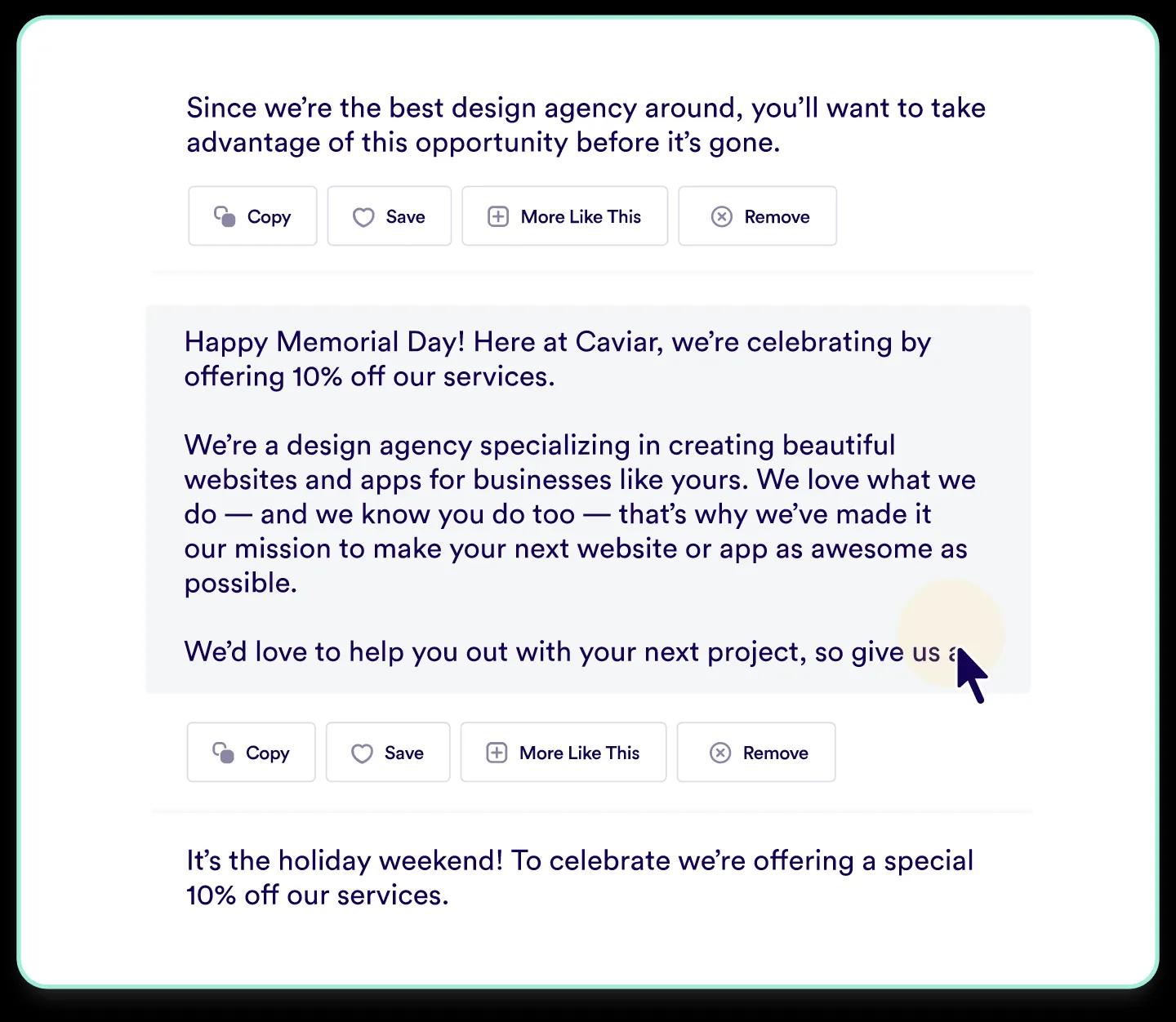
The effective use of ‘I’ varies depending on the section of your cover letter. Each section presents unique opportunities to showcase your skills and experience. Mastering this targeted approach can significantly enhance your cover letter’s impact, making it more engaging and persuasive for potential employers. Knowing where and how to incorporate ‘I’ can elevate your chances of moving forward in the application process.
Opening Paragraph and ‘I’ Statements
In the opening paragraph, use ‘I’ to express your enthusiasm and state the reason for your application. Immediately capture the reader’s attention. For example, instead of a generic statement, begin with something like, ‘I am writing to express my keen interest in the Marketing Manager position advertised on your website.’ This sets a clear tone and immediately identifies your purpose. This also shows that you’re proactive and have a specific role in mind, not just any job.
Highlighting Skills and Experience Using ‘I’
The body of the cover letter should leverage ‘I’ to connect your skills and experience with the job requirements. The key here is to use ‘I’ to introduce your accomplishments, followed by concrete examples. For instance, instead of stating ‘I am proficient in project management,’ you could say, ‘In my previous role, I managed [Project Name], successfully delivering it on time and under budget. I used project management tools like [Tool Name] effectively.’ This provides context and demonstrates your expertise.
Quantifying Accomplishments with ‘I’
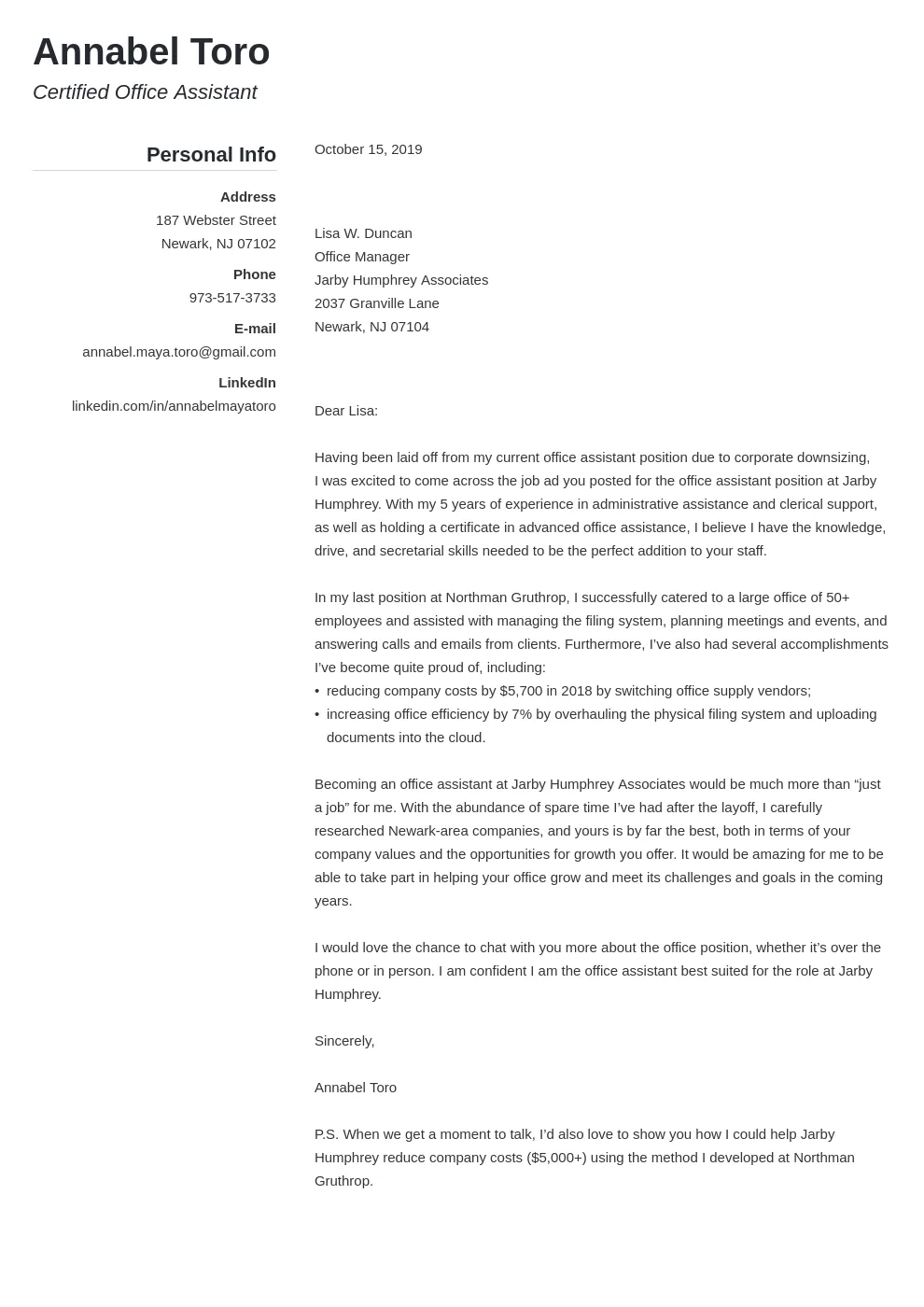
Quantifying your achievements adds credibility. Always provide numbers and metrics to support your statements. This turns your claims from vague assertions into hard evidence. For example, you might write, ‘I improved customer satisfaction scores by 20% within a year by implementing a new customer service protocol.’ These specific details make your achievements tangible, and they prove your impact within the workplace. They also offer employers a clear sense of the value you could bring to their organization.
Avoiding Common ‘I’ Overuse Mistakes
While ‘I’ is a necessary component, overuse can shift the focus away from the employer’s needs and the value you can provide. Maintaining a balance is crucial to ensure your cover letter resonates with the reader and showcases your suitability for the role. Overdoing it can make your application sound self-centered, potentially overshadowing your accomplishments. A subtle but effective approach demonstrates an understanding of the employer’s perspective, aligning your achievements with their goals and priorities.
Focusing on the Employer’s Needs
A cover letter should always focus on how you can benefit the employer. It’s about showing that you understand their needs and can contribute to their success. Frame your ‘I’ statements around what you can do for them. Instead of saying, ‘I want this job because I need a change,’ say ‘I am eager to contribute my skills in [specific skill] to help [company name] achieve [specific goal].’ This helps employers see you as a solution, not just as someone looking for a job.
Excessive Self-Focus and its Impact
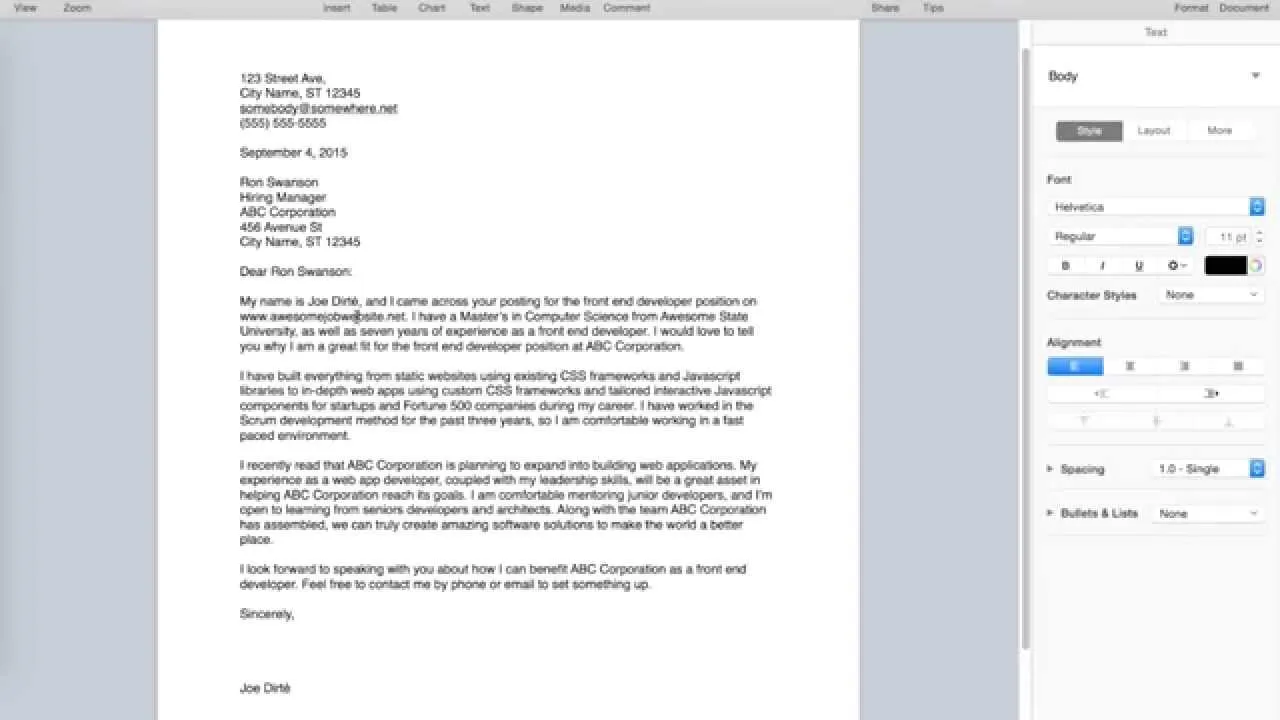
Overusing ‘I’ without highlighting the value you bring can make your cover letter seem self-absorbed. Focus too much on your wants or needs can distract from your skills and your ability to fulfill the job’s requirements. The key is to strike a balance, using ‘I’ to introduce your qualifications while consistently tying them back to the employer’s needs and expectations. Always consider how each sentence affects the reader.
Alternatives to ‘I’ to Enhance Readability
While ‘I’ is essential, varying sentence structure can enhance readability and maintain the reader’s interest. Using action verbs and active voice, while framing your achievements as facts, allows you to introduce yourself naturally, without repeating ‘I’ endlessly. For instance, you might write, ‘Managed a team of five,’ instead of ‘I managed a team of five.’ This approach keeps your writing dynamic and focused on your accomplishments, not just your self-references.
How to Review and Revise Your Cover Letter
Reviewing and revising your cover letter is crucial to refine your message and ensure it meets the highest standards. This involves paying close attention to both content and structure, and it provides an opportunity to polish your presentation before submitting your application. It ensures your cover letter effectively communicates your value and is well-received by potential employers. A well-edited document shows attention to detail, a skill that’s always valued.
Proofreading for ‘I’ Usage and Impact
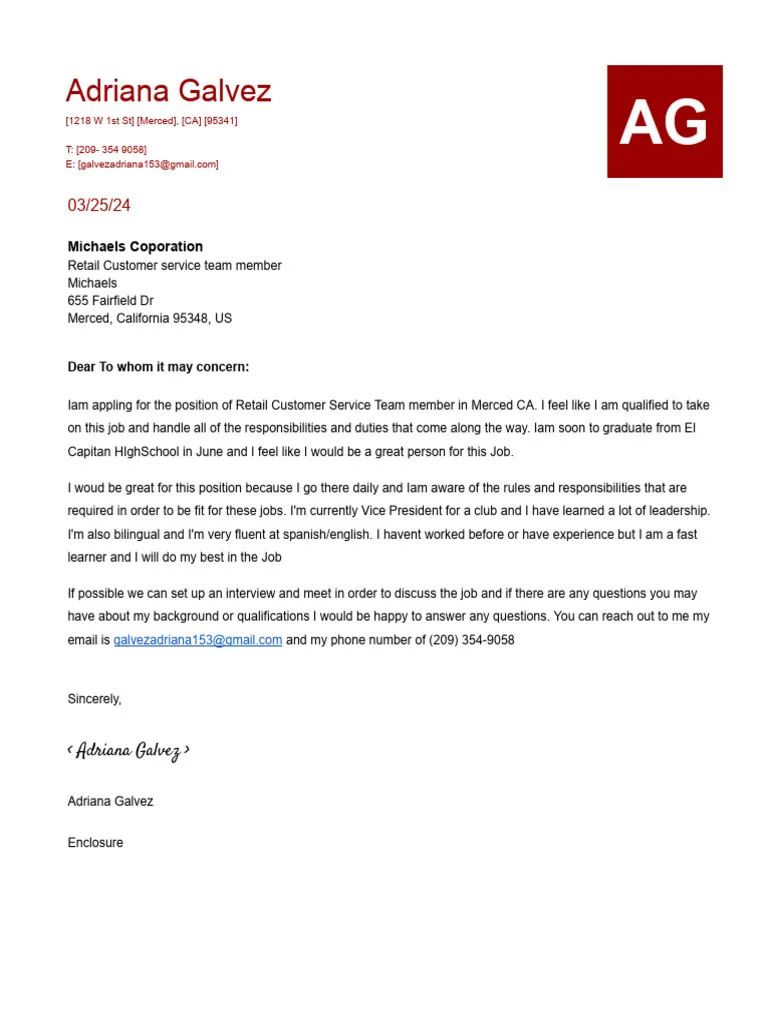
Careful proofreading is essential to identify any overuse of ‘I’ and to ensure your statements are clear, concise, and impactful. Read your cover letter aloud to catch any awkward phrasing. Ensure your achievements are highlighted effectively and that the language clearly demonstrates your value to the employer. Look for opportunities to vary your sentence structure and to replace unnecessary ‘I’ statements with more dynamic alternatives.
Seeking Feedback on Your Cover Letter
Get feedback from trusted sources, such as career counselors, mentors, or friends, to gain insights into your cover letter’s effectiveness. Different perspectives can reveal potential areas for improvement in clarity, tone, and overall impact. This outside perspective can also ensure that your cover letter accurately reflects your qualifications and presents you in the best possible light. Consider asking for feedback specifically on how the ‘I’ statements are used and whether your achievements are clearly communicated.
